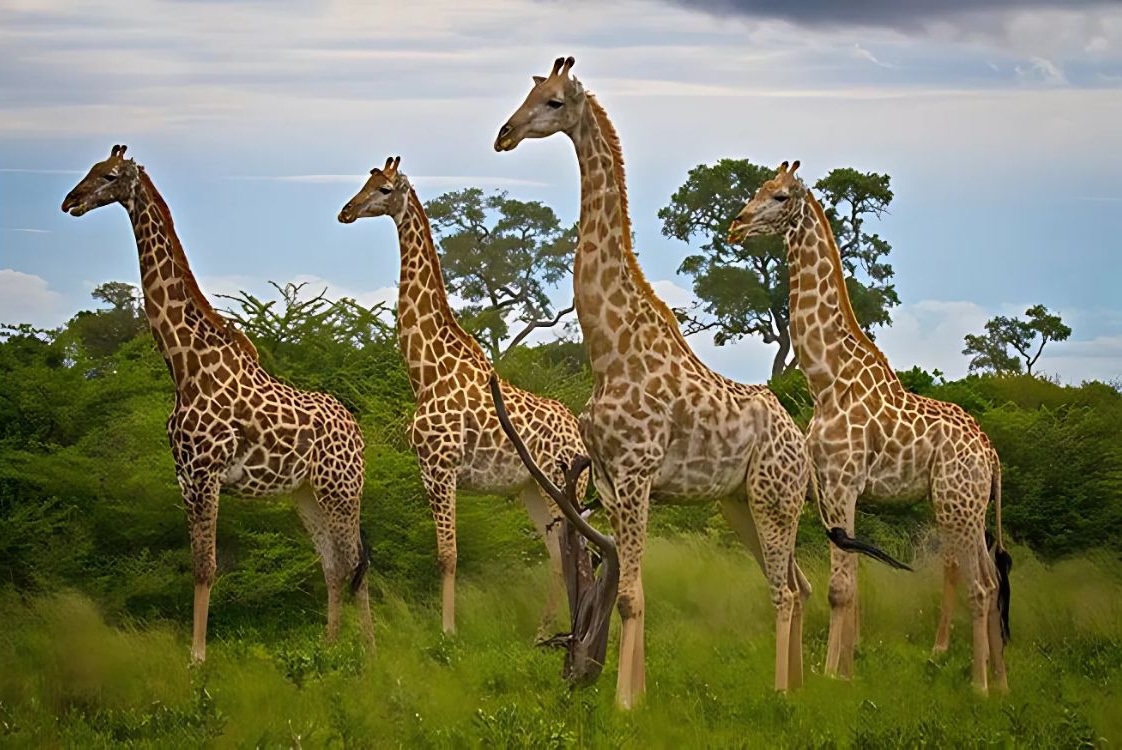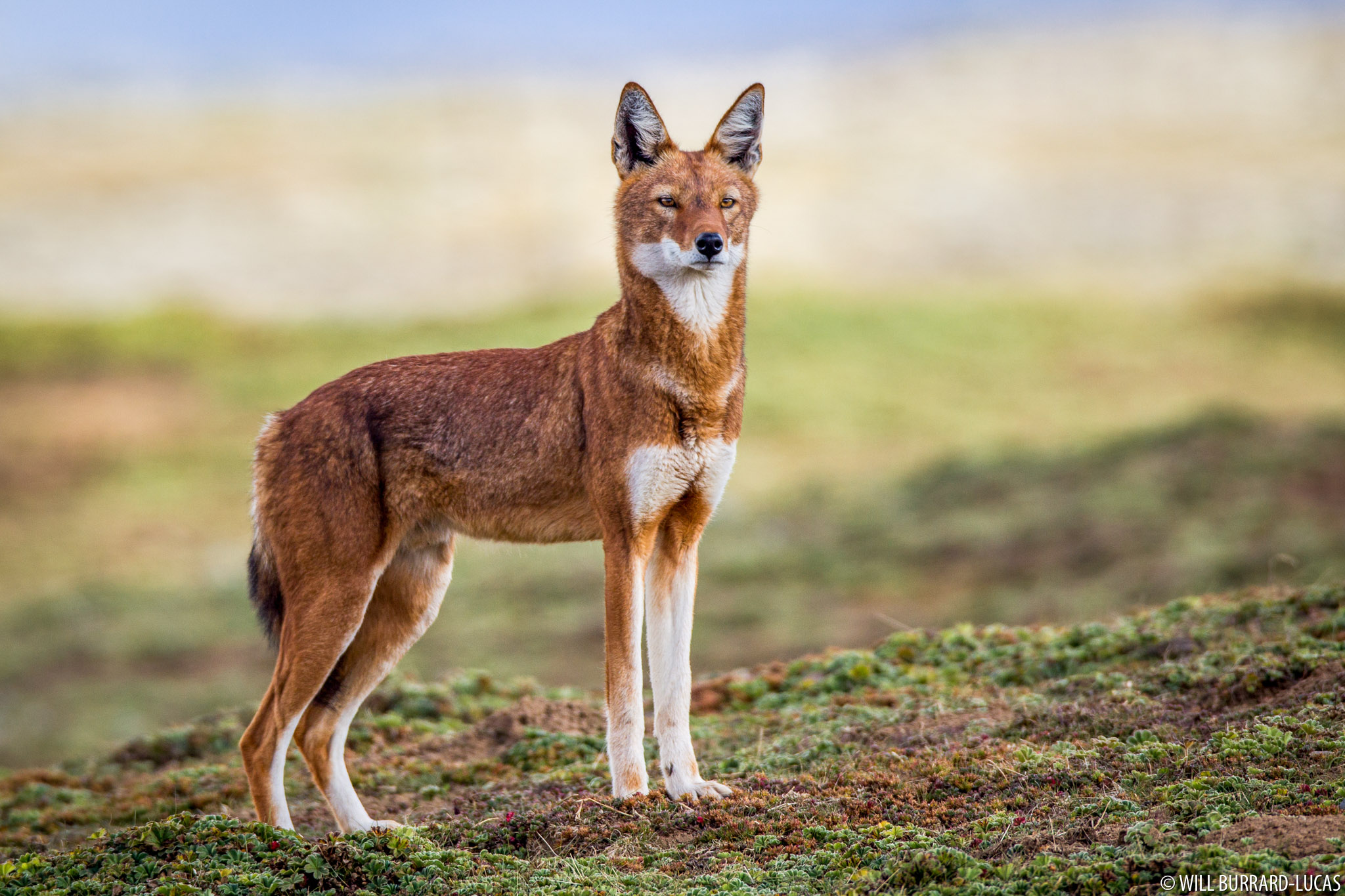

Leonardo da Vinci was an Italian polymath of the High Renaissance who was active as a painter, draughtsman, engineer, scientist, theorist, sculptor and architect. While his fame initially rested on his achievements as a painter, he also became known for his notebooks, in which he made drawings and notes on a variety of subjects, including anatomy, astronomy, botany, cartography, painting, and paleontology. Leonardo’s genius epitomized the Renaissance humanist ideal, and his collective works compose a contribution to later generations of artists matched only by that of his younger contemporary, Michelangelo.

Colette, born in 1873, was a prolific writer known for her novels, short stories, and essays. Her work often explored themes of gender, sexuality, and identity, and she was considered a pioneering feminist voice. Her best-known works include the “Claudine” series, “Gigi,” and “The Cat.”

Gautama Buddha, also known as Siddhartha Gautama, was a spiritual teacher and the founder of Buddhism. He was born in Lumbini, Nepal, in the 6th or 5th century BCE.







